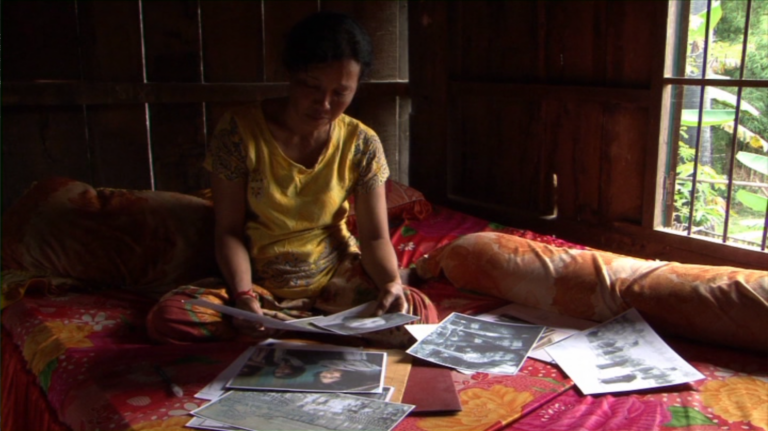Due to the spread of Covid-19, mental health specialists have said that Cambodians’ understanding on the issue has been increasing; however, it should be more underlined.

Not only has the spread of Covid-19 negatively affected patients’ physical health, but it has severely impacted Cambodians’ mental health in general. Some Cambodians have begun to understand and open up about their mental health issues and seek any relevant information on the problem.
Dr. Chhim Sotheara, Executive Director of Transcultural Psychosocial Organization, told Focus that mental health institutions in Cambodia have been noticeably developing. Presently, many psychiatrists provide consulting services on mental health in many provinces, and the awareness and understanding about the issue has been gradually increasing.
“Compared to 20 years ago, Cambodians have begun to open up about their mental health problems, and many of them have openly received consulting services,” said Dr. Sotheara.
He also added that the pandemic has triggered major effects on mental health. The number of people who have been suffering from mental health concerns has increased due to the spread of the virus, with a majority undergoing insomnia, anxiety, and fear of going out, and left feeling more distressed and agitated.
“We have seen rising cases of people who are suffering from mental health concerns due to fear of contracting the virus, and reinfected cases of previous and currently-under-treatment patients,” said Dr. Chhim.
He also added, “As we provide consulting services through mobile phones, many Cambodians have utilized the service because of stress of Covid-19 and personal issues. I am not certain of the number; however, the number surely has risen.”
The symptoms of mental health problems include extreme mood changes of highs and lows, withdrawal from certain things or activities they cherished, excessive fears or worries about the past and future, detachment from reality (delusions), inability to cope with daily problems, and confused thinking or reduced ability to concentrate. Some people show significant symptoms of paranoia or hallucinations, while some have trouble sleeping, low energy and fatigue, and major changes in eating habits. Some patients also show physical symptoms such as stomach and digestion problems, unusual frequent urination without pain, or body ache without any reasons.
Ms. An Khema, who herself has previously suffered from a mental breakdown, mentioned the outbreak of Covid-19 has caused her worry due to disappearance of her daily routines, and unprecedented stay-at-home orders resulting in no socializing once she gets stressed.
She also said, “I am not excessively scared of the virus as I understand how to protect myself and how to calm my emotions down. However, social distancing caused me stress and boredom because I have to stay at home and cannot go out as usual.”
Ms. Khema, a young interior designer, added that mental health issues in Cambodia have been more accepted, although treatment on mental health is somewhat limited. She mentioned information on how to deal with mental breakdown remains insufficient because it is primarily available online.
She also stated, “I reckon the problem is well-aware, but many people do not acknowledge it as an illness, and the patients need close watch and support from family and surrounding people. I think some people know about the issue; yet, they think it is not very important, and many Cambodians learn from Youtube and Facebook.”
Similar to Ms. Khema’s point of view, Dr. Sotheara made a statement about the consulting service, saying it still does not meet the needs of the people in either quality or availability. Medication standards are also lacking, compared to neighboring countries.
Dr. Chhim Sotheara stated, “It is possible for everyone to feel stressed; you are not alone to experience emotional changes, which can disappear in a short period if you try to complete your daily tasks, exercise regularly, have enough sleep, and keep contact with friends and family, as well as not to excessively follow the news on Covid-19 from unreliable sources.”
The Ministry of Health was unavailable for comment or further clarification on the issue.



